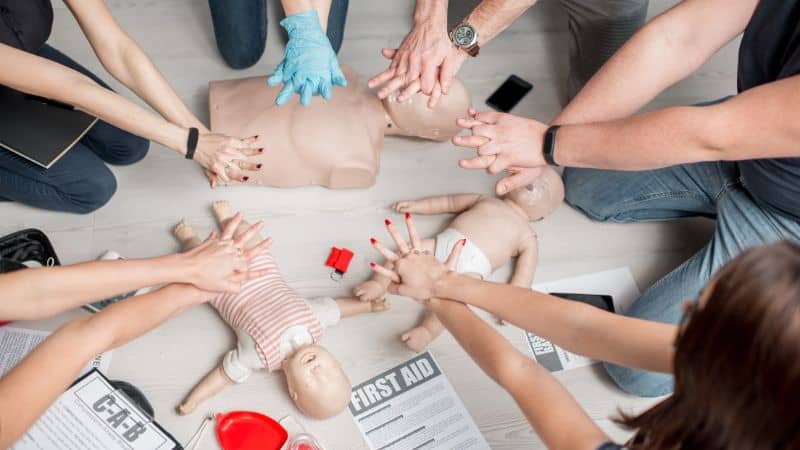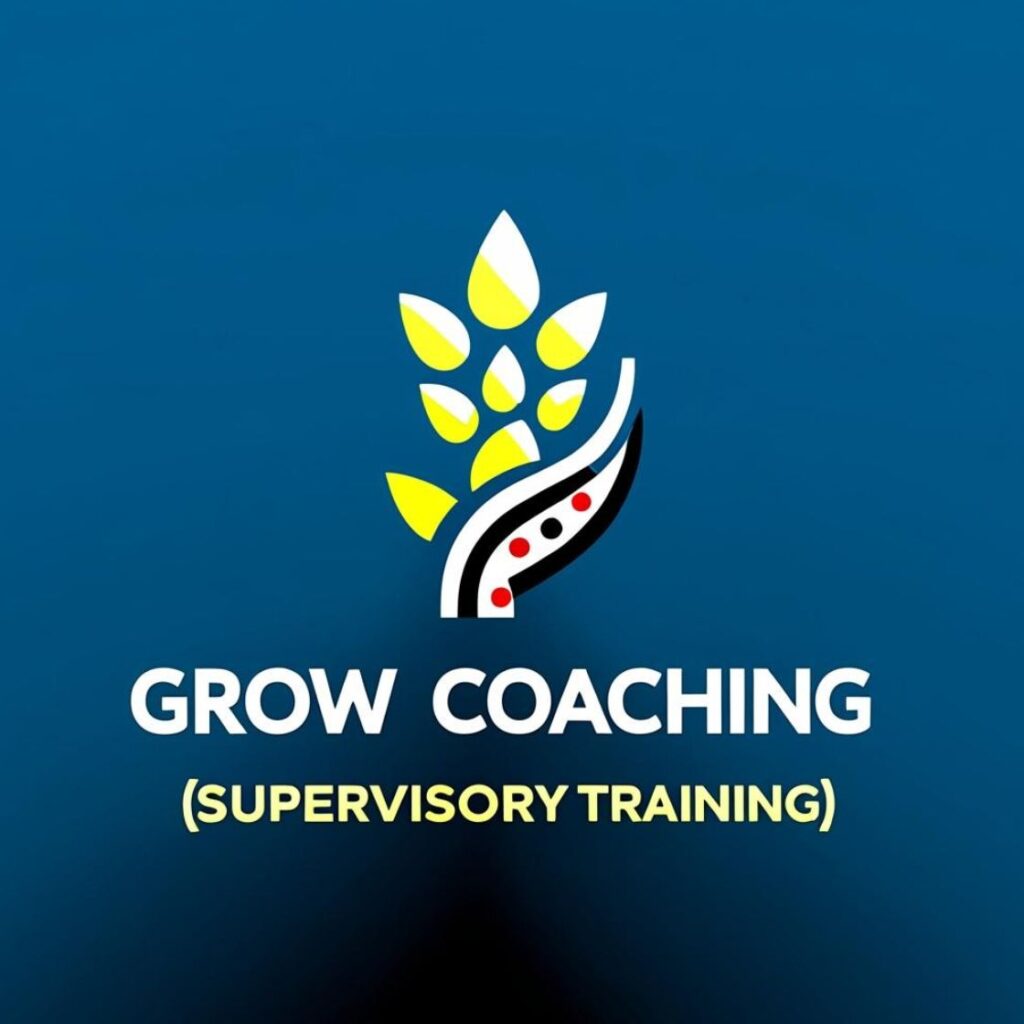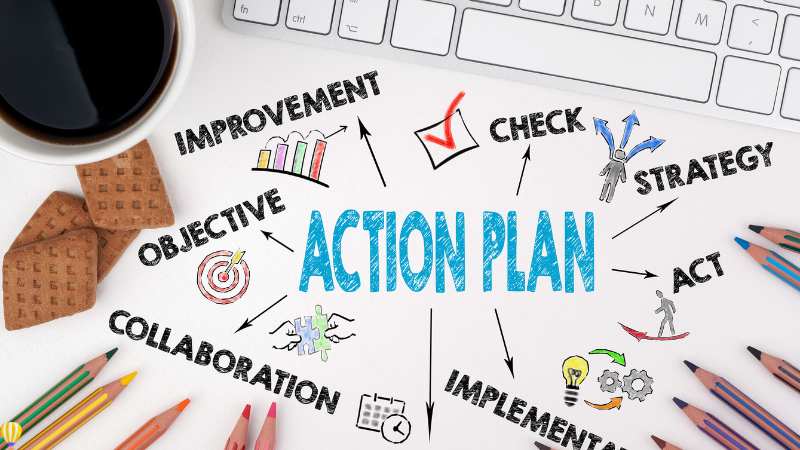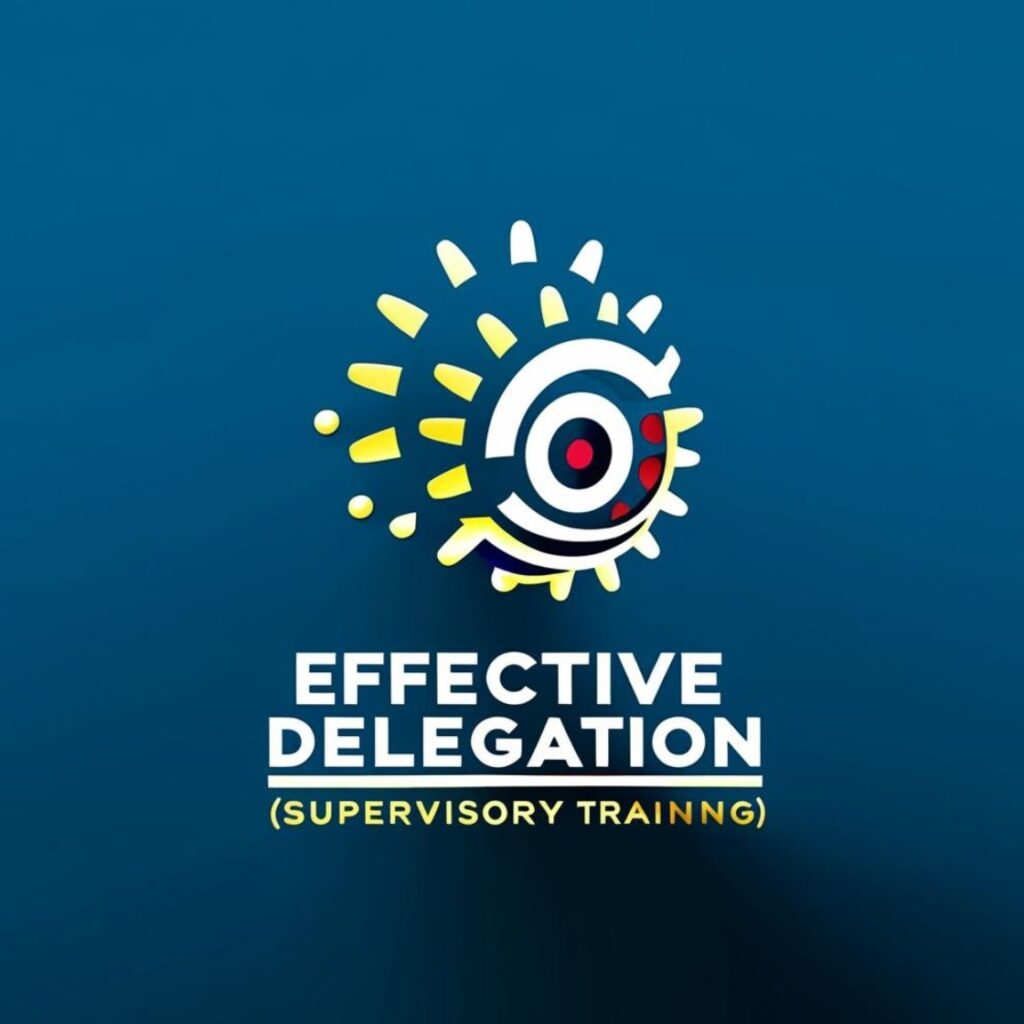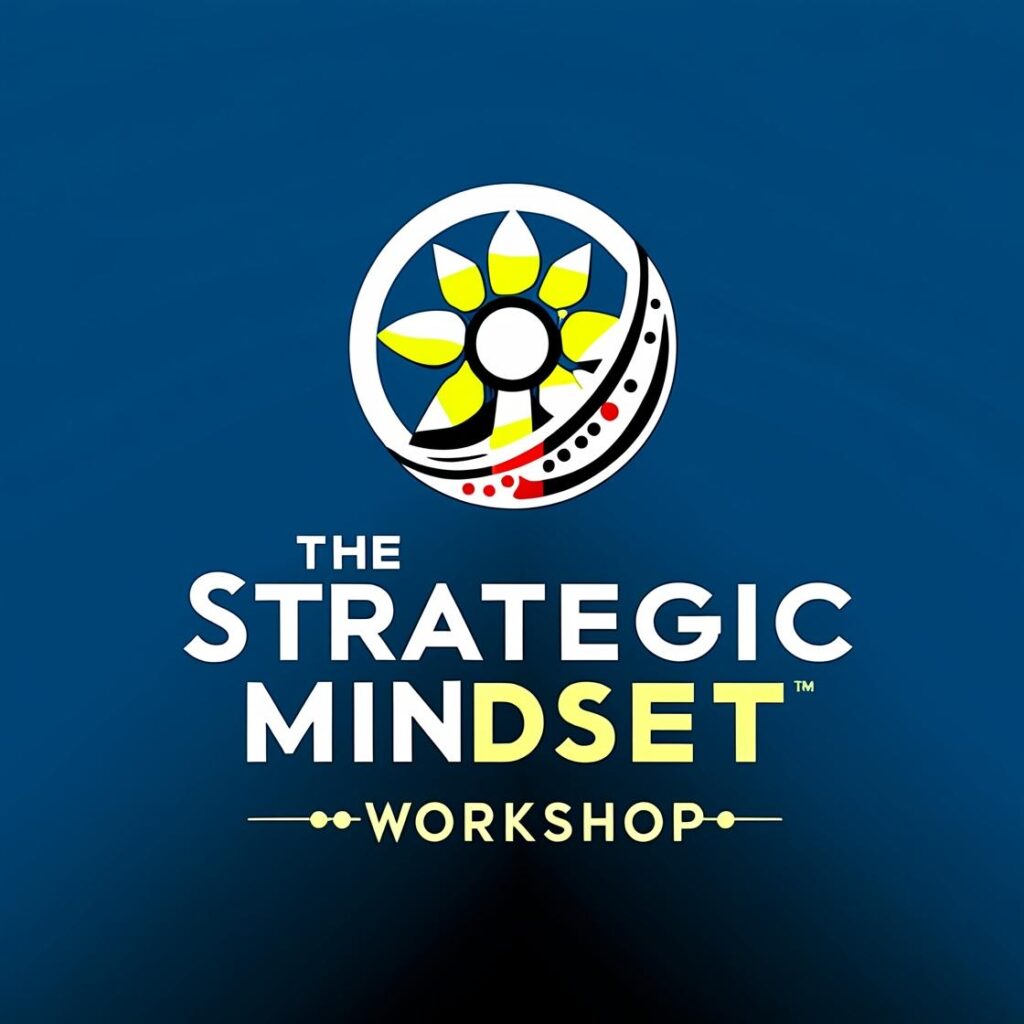Expert Seminars, Proven Results
Elevate skills, boost productivity, and foster growth with our expert-led programs tailored for Filipino professionals.
- Tailored Content: For Filipino professionals.
- Expert Trainers: Learn from industry leaders.
- Engaging Sessions: Interactive and hands-on.
- Proven Results: Measurable performance improvements.
Imagine a skilled, motivated workforce ready for any challenge. Make it a reality with our programs.
Unlock your team’s potential. Contact us now about our seminars and training in the Philippines.
Employee Training
Employee training programs are vital for boosting a team’s skills and confidence.
Soft skills training may transform your staff into top professionals. Employees become more capable and adaptable, enhancing the success of the business.
These training programs encourage a positive work environment, promoting teamwork and respect.
The investment in your team leads to better performance and innovative thinking.
Soft skills training is key to creating a dynamic, proficient workforce that thrives in today’s fast-paced world.
Don’t just train your employees, empower them to excel.
What are training and seminars?
The definitions of training and seminars are often confused. There are those who think that all training programs are seminars. Probably because all the training programs they had were delivered via seminars. Allow me to talk a bit about each term.
Training is an intervention that organizations offer to their members to improve performance. Typically, a trainer or subject-matter expert conducts training. To improve performance, we need to increase our motivation and multiply our ability to do things.
There are many kinds of training. Classroom training is conducted in a classroom. I know this is obvious, but I need to mention it. Hands-on and usually done as fieldwork. When done in a classroom, this is called a workshop. In on-the-job training, employees observe the processes and procedures that their employer uses to create an efficient and effective workplace.
This Wikipedia entry explains the advantages of on-the-job training.
Other forms of training are online courses, virtual workshops, and webinars. Learn more about my webinars.
The most popular type of training is called a seminar. But it does not mean that it is the most effective.
A seminar is a form of in-person knowledge-oriented instruction offered by academic institutions, corporate academies, and training providers. In the Philippines, a seminar may be conducted for a small group of five or a large group of 2000 persons. A seminar may be about a single subject or a group of job-related subjects.
Of course, a seminar with 2000 attendees is also marketed as a conference. But if you only need to sit down and take notes while listening to the speaker (or lecturer), you are essentially attending a traditional seminar.
Traditional seminars have lecturers as trainers. Recently, training providers market seminars as interactive and skill-based.
In the Philippines, a growing number of corporate managers criticized public seminars for being boring, irrelevant, and tedious.
Some view these seminars as ways to earn printed certificates required by some organizations.
Presenters, lecturers, resource speakers, subject–matter experts, and speakers typically provide information in seminars. Some seminars have process facilitators who help participants connect concepts, ideas, and practices.

Better Seminars for Effective Learning
When was the last time you attended seminars in the Philippines? What do you love most about seminars and what are the new experiences you want to have? Would you prefer half-day to multi-day seminars?
In the post-pandemic Philippines, we will be holding live seminars once again. But it won’t be like the seminars of old, of course. If there is anything the pandemic has thought us, it is that we can acquire new knowledge and ideas via online courses and webinars.
In the new normal, we can shorten our live in-person sessions by providing our seminar participants recorded webinars, online courses, or short videos that will explain foundational concepts and ideas.
This means we can do away with theory-oriented, lecture-ready seminars and pay more attention to skill-building, in-depth discussions, and practical steps.
We no longer have to endure a speaker who tries to “cover” 120-slide topics.
We no longer have to spend long hours trying to make sense of concepts.
We no longer have to frequent the coffee corner to stay awake.
We will no longer have to tap each other shoulders or massage each other’s back.
We will no longer have to say “hello” every time the trainer says “hi”. Get that picture.
What will happen in the new seminars is that we will be working on cases. Because we already have a common understanding and language, we have more opportunities to use our newly acquired knowledge in solving problems.
I can imagine bringing experts to seminars who can help provide answers to your challenges in leadership, motivation, teamwork, career, and professional development.
In the new normal seminars, I will invite HR experts who will provide you with straightforward answers to your questions.
Training, Seminars, and Workshops
Understanding the differences between training, seminars, and workshops can help you choose the right format for your learning and development needs. Here’s a breakdown:
Training
Training is a structured program designed to develop specific skills or knowledge in a particular area. It often involves hands-on practice, simulations, and repetitive exercises to ensure mastery of the subject matter.
Examples:
- New Employee Onboarding: Training programs for new hires to learn company policies, procedures, and job-specific skills.
- Software Training: Sessions where employees learn how to use new software applications through practical exercises and guided instruction.
Key Characteristics:
- Focus on skill development
- Hands-on practice
- Often long-term and ongoing
- Structured and curriculum-based
Seminars
Seminars are educational sessions where a speaker or a group of speakers present information on a particular topic to an audience. They are usually more formal than workshops and involve less interaction.
Examples:
- Industry Conferences: Professionals gather to hear experts speak about the latest trends and research in their field.
- Academic Seminars: University faculty and students attend lectures on specific academic topics.
Key Characteristics:
- Focus on information dissemination
- One-way communication from speaker to audience
- Formal and structured
- Limited hands-on activities or interactions
Workshops
Workshops are interactive sessions where participants engage in activities, discussions, and exercises to learn and apply new skills or knowledge. They emphasize practical experience and active participation.
Examples:
- Team Building Workshops: Employees participate in activities designed to enhance teamwork and collaboration.
- Creative Writing Workshops: Writers practice their craft through writing exercises, peer reviews, and feedback sessions.
Key Characteristics:
- Focus on practical application
- Interactive and participatory
- Short-term and intensive
- Hands-on activities and group work
Comparison Chart
| Aspect | Training | Seminars | Workshops |
|---|---|---|---|
| Purpose | Skill development | Information dissemination | Practical application |
| Format | Structured and curriculum-based | Formal presentations | Interactive and participatory |
| Duration | Long-term and ongoing | Short-term (usually 1-2 hours) | Short-term (can be 1 day or a few days) |
| Interaction | Moderate to high | Low | High |
| Examples | Employee onboarding, software training | Industry conferences, academic lectures | Team building, creative writing |
Choosing the Right Format
- Use Training when you need to develop specific skills over time.
- Use Seminars when you want to learn about new theories, ideas, or research from experts.
- Use Workshops when you want to engage in hands-on activities and apply what you learn immediately.
By understanding these differences, you can better select the appropriate format for your learning and development initiatives, ensuring they meet your specific needs and objectives.
How to Benefit from Seminars
Attending training sessions and seminars can be a great way to enhance your professional skills and knowledge. To make the most of these opportunities, consider the following tips:
Preparation: Prior to attending the seminar, understand the topic, the speaker’s background, and what you hope to gain from the session. This will help you focus on relevant information during the seminar.
Active Participation: Engage actively in the seminar by asking questions, participating in discussions, and taking part in activities or exercises. This not only enhances your learning but also allows you to share your insights and experiences with others.
Note-Taking: Take detailed notes during the seminar. This can help you retain the information better and gives you a resource to refer back to after the seminar.
Networking: Use the opportunity to network with other participants. This can lead to valuable connections and collaborations in the future. You might also gain new insights from the experiences and perspectives of other participants.
Applying Learnings: After the seminar, reflect on what you have learned and how you can apply it in your work. This might involve developing a plan or setting specific goals for implementing new skills or knowledge.
Follow-up: If possible, connect with the speaker or facilitator after the seminar for any follow-up questions or clarifications. They may also be able to provide additional resources for further learning.
Sharing Knowledge: Share your learnings with your colleagues or team. This not only reinforces your own understanding but also benefits others who were not able to attend the seminar.
Feedback: Provide feedback to the seminar organizers if given the opportunity. This helps them improve future seminars and can also help you reflect on your own learning experience.
Remember, the value of a seminar comes not just from the information provided but also from how you engage with that information and apply it in your own context. Make sure to take full advantage of these opportunities for professional development.

Supervisory Training Programs
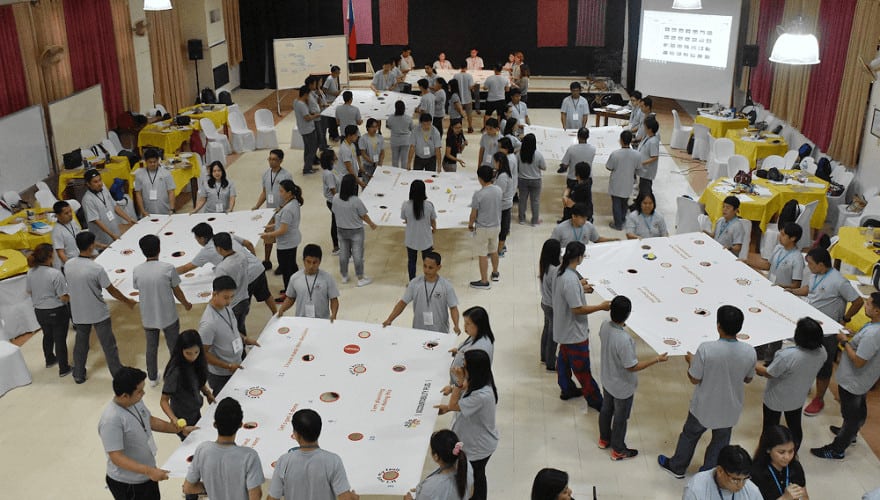
Professional Team Building Facilitator in the Philippines
Training for Leaders
Ignite leadership potential—it’s vital!
It’s the spark that drives innovation, skyrockets productivity, and creates a thriving culture.
Neglect it? You’re inviting disengagement, subpar performance, and staff turnover. Growth stalls. No one wants that!
10 Leadership Topics for Government Employees
Here are ten key leadership topics that are particularly relevant for government employees in the Philippines:
Ethical Leadership: Public trust is crucial in government roles. Leaders should understand the importance of ethical behavior in all dealings, ensuring transparency and accountability.
Public Service Motivation: Understanding the unique nature of public service and maintaining a strong motivation to serve the public good can lead to better job performance and satisfaction.
Crisis Management: Natural disasters and other crises are realities that government leaders often have to face. Training in crisis management can be invaluable.
Policy Understanding and Implementation: Leaders in government need to understand the policies they’re enforcing, and how to effectively implement them.
Digital Transformation: The Philippines, like many countries, is undergoing digital transformation in its government services. Leaders should be familiar with the relevant technologies and strategies.
Cultural Competence: The Philippines is a culturally diverse country. Government leaders should understand and respect this diversity, and know how to work effectively in a multicultural context.
Budgeting and Resource Allocation: Government leaders often have to work with limited resources and make tough decisions about how to allocate them.
Conflict Resolution: Government work can involve managing conflicts, whether between different departments, different levels of government, or different stakeholder groups.
Community Engagement: Government leaders should understand how to effectively engage with the community, including communication, consultation, and collaboration strategies.
Leadership Development: Government leaders should not only develop their own leadership skills but also foster leadership skills in their employees.
Each of these topics can be developed through a combination of education, training, and practical experience. They can also be supplemented with various soft skills such as communication, team building, and problem-solving.
Supervisory Leadership
Supervisory Leadership Workshops provide supervisors and team leaders with the essential skills to excel in their roles.
Supervisors need to develop their ability to set clear expectations, provide constructive feedback, delegate tasks effectively, and resolve conflicts.
Team Leadership
Team Mastery Experiences are designed to help team leaders and managers create exceptional teams that achieve outstanding results.
By focusing on collaboration, communication, trust, and effective problem-solving, participants will learn how to develop the building blocks of high-performing teams.
Jef Menguin
Hello, I’m Jef Menguin, President of Strategic Learning Consultants. Since 2004, I’ve been on a mission to boost leadership skills across Southeast Asia.
I’ve led workshops from the Philippines to Malaysia, Indonesia, Thailand, Singapore, and Taiwan. My experience with leaders in these diverse markets has given me a unique perspective on the universal challenges and specific nuances of leadership.
So far, I’ve trained over 250,000 leaders. Each session is more than just a workshop; it’s a transformative experience designed to maximize potential and inspire change.
As a design thinker and entrepreneur, I constantly innovate our courses to ensure they’re not only educational but also engaging and impactful. It’s about creating a learning journey that sticks and makes a real difference.
I’m also a Distinguished Toastmaster, which speaks to my dedication to effective communication—a skill at the core of great leadership.
At Strategic Learning Consultants, we’re passionate about developing leaders who aren’t just ready for today’s challenges but are also future-ready, capable of thinking ahead and innovating in their roles.
Glossary
To help you understand the language of training and seminars, let me define some words used above.
- Agenda: The schedule or plan for a seminar or training event.
- Breakout Session: A smaller group session within a larger seminar.
- Certificate: A document provided as proof of attending or completing a seminar or training.
- Delegate: An individual who attends a seminar or training.
- E-Learning: Training conducted online or through digital platforms.
- Facilitator: The person leading or guiding a training or seminar.
- Group Dynamics: The interactions and relationships within a group during a seminar.
- Handouts: Physical or digital materials given to attendees for reference.
- Ice Breaker: An activity designed to help participants relax and engage with each other.
- Keynote: A main speech or presentation at a seminar.
- Lecture: A talk given by an expert on a particular topic.
- Moderator: The person who oversees discussions and maintains order during a seminar.
- Networking: The act of interacting with others to exchange information and develop professional contacts.
- Open Forum: A portion of a seminar where attendees can ask questions or discuss topics freely.
- Panel: A group of experts discussing a topic in front of an audience.
- Q&A Session: A time specifically set aside for questions from the audience.
- Registration: The process of signing up to attend a seminar or training.
- Session: A single portion or segment of a larger seminar or training event.
- Track: A specific theme or stream within a larger seminar.
- Unconference: A participant-driven meeting where attendees decide on the topics and structure.
- Venue: The physical or virtual location where a seminar or training is held.
- Webinar: A seminar, workshop, or lecture that is transmitted over the web.
- Workshop: An interactive training event where participants complete tasks or activities.
- Expert: A person with extensive knowledge or ability based on research, experience, or occupation.
- Yield: The learning outcomes or results obtained from a seminar or training.
- Zoom: A popular platform for hosting virtual meetings, seminars, and training.









